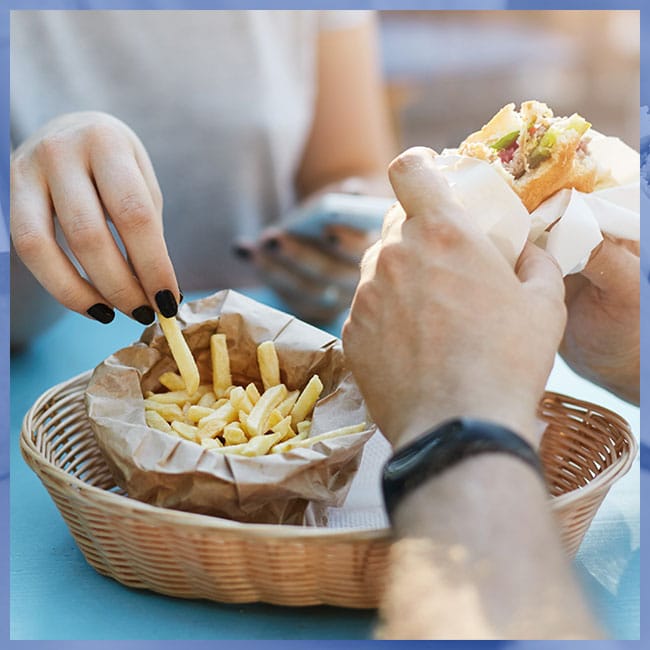This is an archived article and the information in the story may be outdated. Please check the time stamp on the story to see when it was updated last.
High blood pressure and heart related issues are eerily common in America. As a matter of fact, nearly half of all adults in the U.S. have hypertension, or high blood pressure, according to some studies. With processed, deep fried, and sweetened foods at the forefront of the traditional American diet, it makes sense why this is such a widely felt issue in our country. Perhaps most concerning though, is the fact that even foods that are considered to be “healthy” are commonly packed with these same preservatives! Following a diet with heart health in mind, both for treating and preventing, requires reading ingredient labels closely, and knowing what tricky language may be masking ingredients with detrimental effects to our wellbeing.


According to Pamela Barton, R.H.N., NNCP, founder of Butterfly Nutrition, one popular food that could be putting you at higher risk for high blood pressure is canned foods, specifically vegetables and sauces. “Many canned foods include preservatives and toxic substances like BPAs,” she says, “Especially acidic foods like tomatoes and sauces, which can bring these toxins out and leak into the foods.” BPAs are used in the making of these foods’ containers, and most commonly hide in the lining of cans.
Canned foods may be considered an easy, meal prep-friendly option that doesn’t force you to sacrifice health and nutrition. However, the effects of regularly eating canned foods could be detrimental. One recent study found that eating foods from cans made with BPAs can increase the risk of high blood pressure and heart disease.

To avoid interacting with BPAs too much, Barton has a few recommendations for easy swaps. “If you can, always get your foods fresh, beans and legumes dried, and tomatoes and sauces in glass jars.” Canned foods are irresistibly convenient though, so if you’re going to buy them, double check and make sure they’re certified BPA free on the label. It may be extra work, but it pays off to avoid debilitating health issues in the long term.
It can feel overwhelming when you see just how many things in our everyday diet have harmful effects, especially ones whose marketing and product packaging present them as “healthy.” Ultimately, a healthy diet is one that is balanced, manageable, and makes you feel good. Eating nutritious foods you enjoy, and being educated and knowledgeable on what you’re eating, is the best way to be empowered in your individual health journey. Canned vegetables are better than none at all, so your best bet, in any case, is to eat a diet that prioritizes balance and moderation.


























